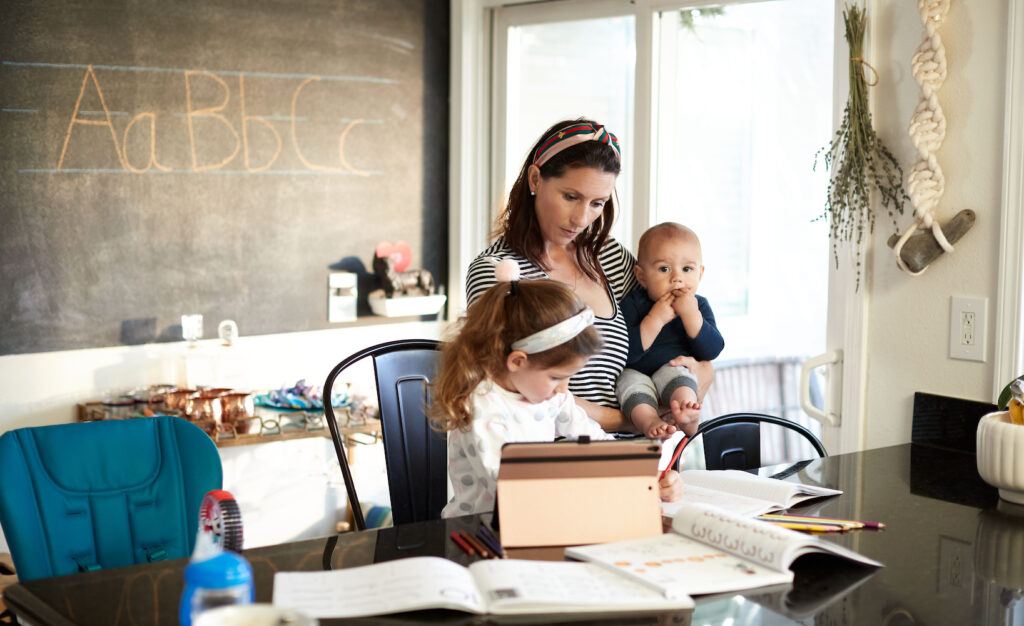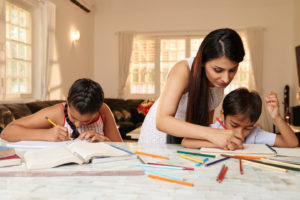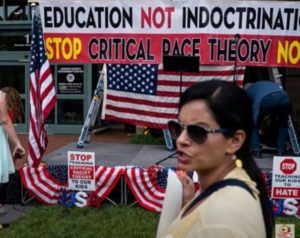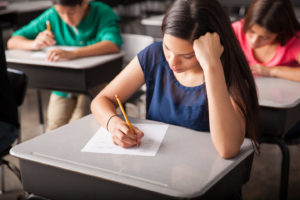Homeschooling helps all of society, contrary to MSNBC columnist’s claims
An MSNBC columnist made headlines recently for supposedly explaining “How the conservative Christian right is hijacking homeschooling.”
University of Pennsylvania professor Anthea Butler warns…

An MSNBC columnist made headlines recently for supposedly explaining “How the conservative Christian right is hijacking homeschooling.”
University of Pennsylvania professor Anthea Butler warns in the article that Kirk Cameron’s documentary, “The Homeschool Awakening,” shows that homeschooling is “part of a larger project about dismantling the public education system in the United States.”
“Parents unfamiliar with the existing networks of homeschooling run the danger of being drawn into Christian conservative networks and theocratic teaching,” Butler concludes, adding that Cameron “says that people choosing homeschooling are having an awakening, but the public needs to awaken to the reality that public schools may disappear if people with his extreme beliefs have their way.”
On the contrary, options such as homeschooling and private school exist because of parents’ desire to strengthen their children’s education, not dismantle it.
Unfortunately for Butler, the overwhelming evidence from modern homeschooling’s 40-plus years of history doesn’t support her claims. Rather, the documented benefits of homeschooling can help our fragmented society unite around a common theme: providing the best education for our children.
The multiple benefits of homeschooling
When the pandemic struck and homeschool numbers soared across all U.S. demographics, many parents experienced firsthand the unique benefits of homeschooling: customized education, learning real-life skills and more time together as a family.
Former high school English teacher Tera Thomas of Virginia was one of those parents. Because of homeschooling’s flexible schedule, her children got to spend a weekend at a local farm.
“My kids came home knowing how to raise chickens and process chickens and rabbits. It was hands-on,” she said. “Some people might not see value in that, like ‘How is that teaching you math and other things?’ But it does teach a level of work ethic and self-sustainability and how to take care of animals well.”
And while Butler tries to suggest homeschooling is tainted by racism, she grudgingly acknowledges that the recent rise in homeschool numbers “may be attributed to Black parents and other diverse groups who are now finding homeschooling as an attractive alternative.”
Perhaps most significantly, studies following homeschool students after graduation show they thrive in the real world. A recent study from Harvard University of more than 12,000 homeschool graduates found that they were more likely to volunteer, forgive others and attend religious services in young adulthood than those who attended public school.
“Home-schooled children generally develop into well-adjusted, responsible and socially engaged young adults,” concluded researchers Brendan Case and Ling Chen.
The researchers also suggested the difference between homeschooled graduates and their peers could stem from less depression, adolescent anxiety and “school loneliness,” which allows respondents to evaluate their sense of social isolation at school.
“Given that home-schooling parents consistently rate concerns with school environments – including ‘safety, drugs, or negative peer pressure’ – as the most important factor in their decision to teach their kids at home, we might expect that these students will have suffered less from the prevailing dysfunctions of their generation than their public-school peers,” the Harvard researchers wrote.
The reasons why parents choose to homeschool
This brings us to another portion of Butler’s argument: that homeschooling was an “insidious” way to avoid the integration of public schools after the Supreme Court’s 1954 Brown v. Board of Education ruling.
This claim can’t stand up against the number of many diverse families who homeschool, which spans Black, Hispanic and Native American communities.
Furthermore, governmental data collected on homeschooling present yet another challenge for Butler. In 2017, three years before the pandemic, the National Center for Education Statistics published a report that explored reasons why parents homeschool.
“When asked to select the reasons parents decided to homeschool their child, the highest percentage of homeschooled students had parents who said that a concern about the environment of other schools, such as safety, drugs, or negative peer pressure was one reason to homeschool (80 percent),” researchers wrote on page 14 of the 61-page report.
“The highest percentage of students’ parents reported that among all reasons, a concern about the environment of other schools was the most important reason for homeschooling (34 percent). Seventeen percent of homeschooled students had parents who reported dissatisfaction with academic instruction at other schools as the most important reason for homeschooling, while 16 percent reported a desire to provide religious instruction as the most important reason for homeschooling.”
Wait – only 16 percent cited religious instruction as the most important reason for homeschooling? This pales in comparison to the 80 percent of parents citing concerns about the negative environments of other schools.
School choice empowers parents & children
Finally, Butler bemoans the documentary on homeschooling as she claims it’s intended to “weaken already debilitated public school systems that are dealing with limited funding, staffing and violence issues.”
However, concerns with public schools existed long before the pandemic, and decades before homeschooling numbers skyrocketed.
One of the most vocal public school critics included former schoolteacher John Taylor Gatto, who won the 1990 New York City Teacher of the Year Award.
“Schools and schooling are increasingly irrelevant to the great enterprises of the planet,” Gatto said in his award acceptance speech. “No one believes anymore that scientists are trained in science classes or politicians in civics classes or poets in English classes. The truth is that schools don’t really teach anything except how to obey orders.”
Whether families choose homeschool, private school, public school or a hybrid alternative, it should be their decision without others like Butler demanding a “one-size-fits-all” approach to learning.
After all, a healthy society should celebrate a well-educated, tolerant and well-informed citizenry – regardless of the method for achieving it.



